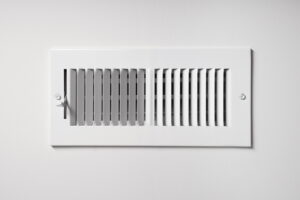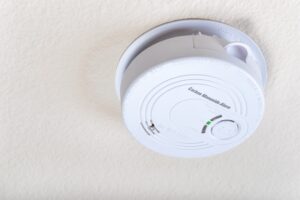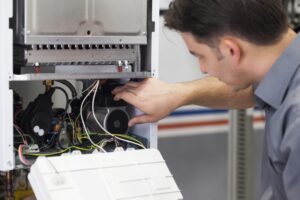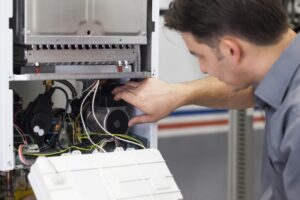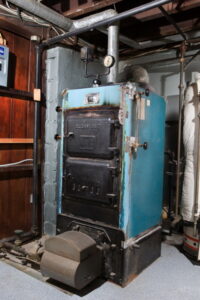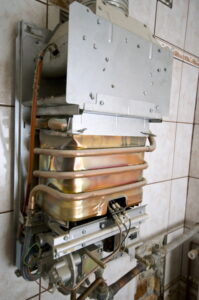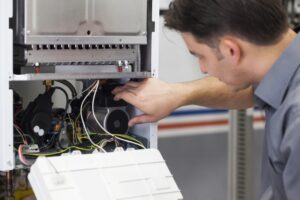We see air conditioner troubles every day. Some of them are quite common, and no one is surprised. Others can come as quite a surprise to the customer, and sometimes even to the technician. But no matter what the problem is, and no matter how it was caused, you deserve to have your home at a comfortable temperature and we want to help you get it there.
Here are some of the less common air conditioning issues that we sometimes run into. How surprised would you be to discover these?



